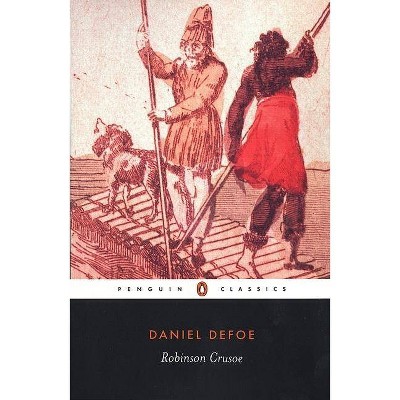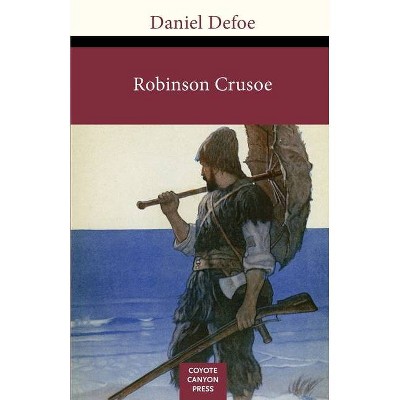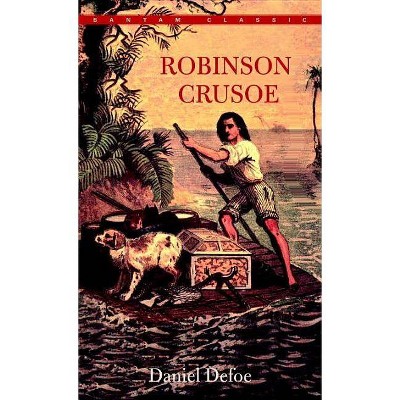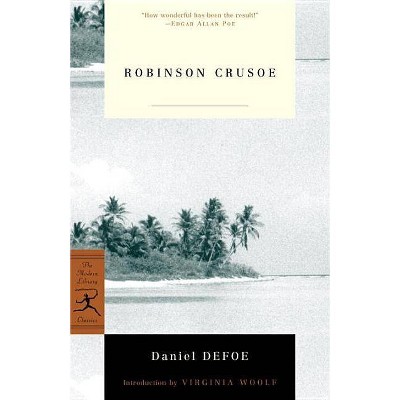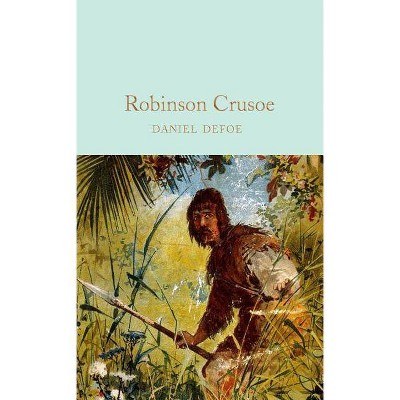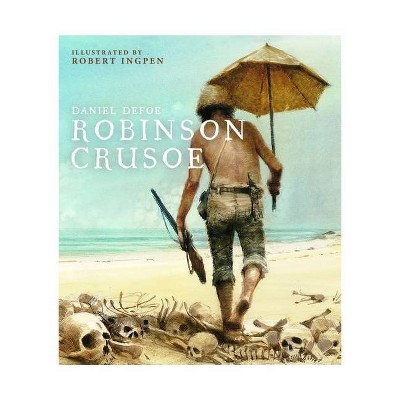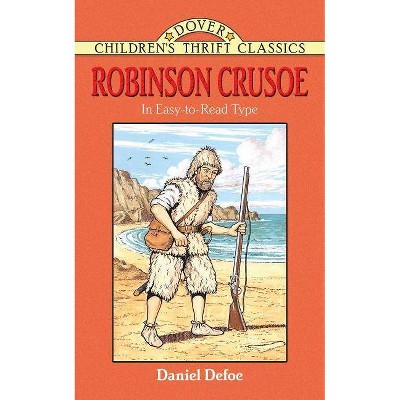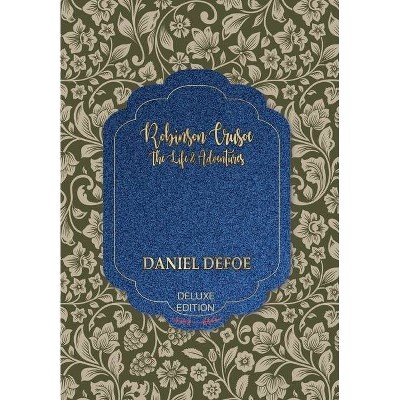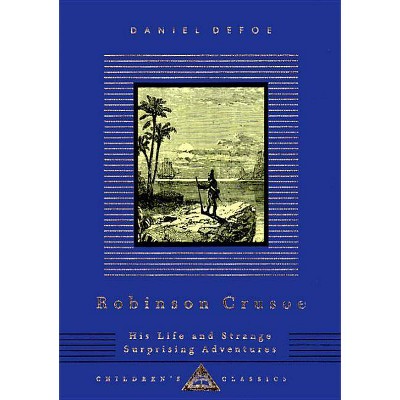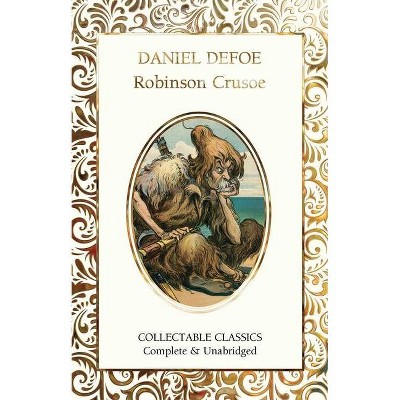Robinson Crusoe - (Signet Classics) by Daniel Defoe (Paperback)
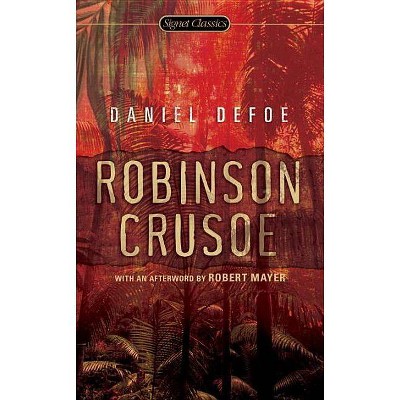
Similar Products
Products of same category from the store
AllProduct info
<p/><br></br><p><b> About the Book </b></p></br></br>The sole survivor of a shipwreck, Robinson Crusoe is stranded on an uninhabited island. With patience and ingenuity, he transforms his island into a tropical paradise. For 24 years he has no human company, until one Friday, he rescues a prisoner from a boat of cannibals. Features a new Afterword. Revised reissue.<p/><br></br><p><b> Book Synopsis </b></p></br></br><p><b>Daniel Defoe's classic tale of a solitary castaway's survival and triumph, widely considered to be the first English novel.</b></p><p>"I, poor miserable Robinson Crusoe, being shipwrecked, came on shore on this dismal unfortunate island, all the rest of the ship's company being drowned. In despair of any relief, I saw nothing but death before me..." <p/> Thus Crusoe begins his journal in Daniel Defoe's classic novel: the vividly realistic account of a solitary castaway's triumph over nature--and over the fears, self-doubt and loneliness that are parts of human nature. <p/> For almost three centuries, <i>Robinson Crusoe </i>has remained one of the best known and most read tales in modern literature, a popularity owing as much to the enduring freshness and immediacy of its style as to its widely acknowledged status as the very first English novel. <br></p><p/><br></br><p><b> Review Quotes </b></p></br></br><br>Beyond the end of "Robinson Crusoe" is a new world of fiction. Even though it did not know itself to be a novel, and even though there were books that we might now call novels published before it, "Robinson Crusoe" has made itself into a prototype . . . Perhaps because of all the novels that we have read . . . the novelty of Defoe s fiction is the more striking when we return to it. Here it is, at the beginning of things, with its final word reaching out into the future. from the Introduction by John Mullan"<br><br>"Beyond the end of "Robinson Crusoe" is a new world of fiction. Even though it did not know itself to be a 'novel, ' and even though there were books that we might now call 'novels' published before it, "Robinson Crusoe" has made itself into a prototype . . . Perhaps because of all the novels that we have read . . . the novelty of Defoe's fiction is the more striking when we return to it. Here it is, at the beginning of things, with its final word reaching out into the future." -from the Introduction by John Mullan<br><p/><br></br><p><b> About the Author </b></p></br></br><b>Daniel Defoe</b> (1660-1731) is the author of <i>Robinson Crusoe</i>, <i>Moll Flanders</i>, and <i>A Journal of the Plague Year</i>. <p/> <b>Paul Theroux</b> is the award-winning author of such novels as <i>Picture Palace </i>and <i>The Mosquito Coast </i>as well as numerous bestselling travel books, including <i>The Great Railway Bazaar</i>. <p/> <b>Robert Thayer</b> is Professor of British Literature and Director of the Screen Studies Program at Oklahoma State University and the author of <i>History and the Early English Novel: Matters of Fact from Bacon to Defoe.</i>
Price History
Price Archive shows prices from various stores, lets you see history and find the cheapest. There is no actual sale on the website. For all support, inquiry and suggestion messages communication@pricearchive.us
